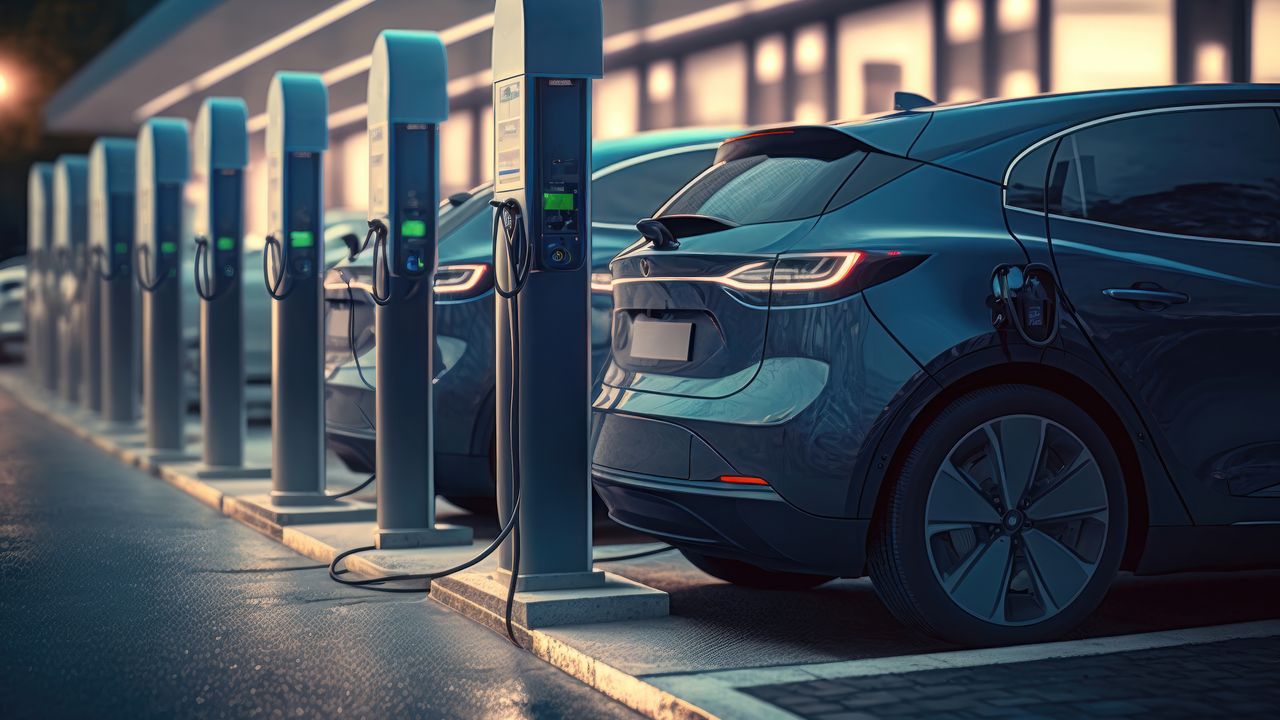Advantages of Electric Cars over Internal Combustion Engine Vehicles
Electric cars have gained significant popularity in recent years due to their numerous advantages over traditional internal combustion engine (ICE) vehicles. From better acceleration to tax credits and lower operating costs, electric cars offer a compelling alternative for environmentally conscious and cost-conscious individuals.
1. Acceleration
One of the most noticeable advantages of electric cars is their impressive acceleration. Unlike ICE vehicles that rely on complex mechanical systems, electric cars deliver instant torque, providing a thrilling and smooth driving experience. The electric motor’s ability to generate maximum torque from a standstill allows electric cars to accelerate quickly, making them ideal for city driving and merging onto highways.
2. Tax Credits
Another significant advantage of electric cars is the availability of tax credits. Governments around the world are actively promoting the adoption of electric vehicles to reduce greenhouse gas emissions and combat climate change. As an incentive, many countries offer tax credits or rebates to individuals who purchase electric cars. These financial incentives can significantly offset the initial cost of buying an electric vehicle, making them more affordable and attractive to potential buyers.
3. Lower Operating Costs
Electric cars have lower operating costs compared to ICE vehicles. One of the main reasons for this is the cost of electricity versus gasoline. Charging an electric car is generally cheaper than refueling a gasoline vehicle, resulting in substantial savings over time. Additionally, electric cars have fewer moving parts and require less maintenance. There is no need for oil changes, spark plug replacements, or regular transmission checks, reducing maintenance costs and the frequency of visits to the mechanic.
Furthermore, electric cars benefit from regenerative braking, a technology that converts kinetic energy into electricity to recharge the battery. This feature not only extends the vehicle’s range but also reduces wear on the brake pads, resulting in longer-lasting brakes and additional cost savings.
4. Environmental Impact
Electric cars offer a greener alternative to ICE vehicles, significantly reducing greenhouse gas emissions and air pollution. While ICE vehicles emit carbon dioxide and other harmful pollutants during operation, electric cars produce zero tailpipe emissions. The environmental benefits of electric vehicles are even greater when powered by renewable energy sources such as solar or wind power. By transitioning to electric cars, individuals can contribute to a cleaner and more sustainable future.
5. Energy Efficiency
Electric cars are more energy-efficient than ICE vehicles. While conventional gasoline engines waste a significant amount of energy as heat, electric motors convert a higher percentage of energy from the battery into actual power to propel the vehicle. This higher efficiency translates into a longer range per charge, allowing electric car owners to travel greater distances without needing to recharge.
Conclusion
Electric cars offer numerous advantages over traditional ICE vehicles, making them an appealing choice for environmentally conscious individuals and those seeking to reduce their operating costs. With their impressive acceleration, availability of tax credits, lower operating costs, positive environmental impact, and energy efficiency, electric cars are revolutionizing the automotive industry and paving the way for a more sustainable future.
